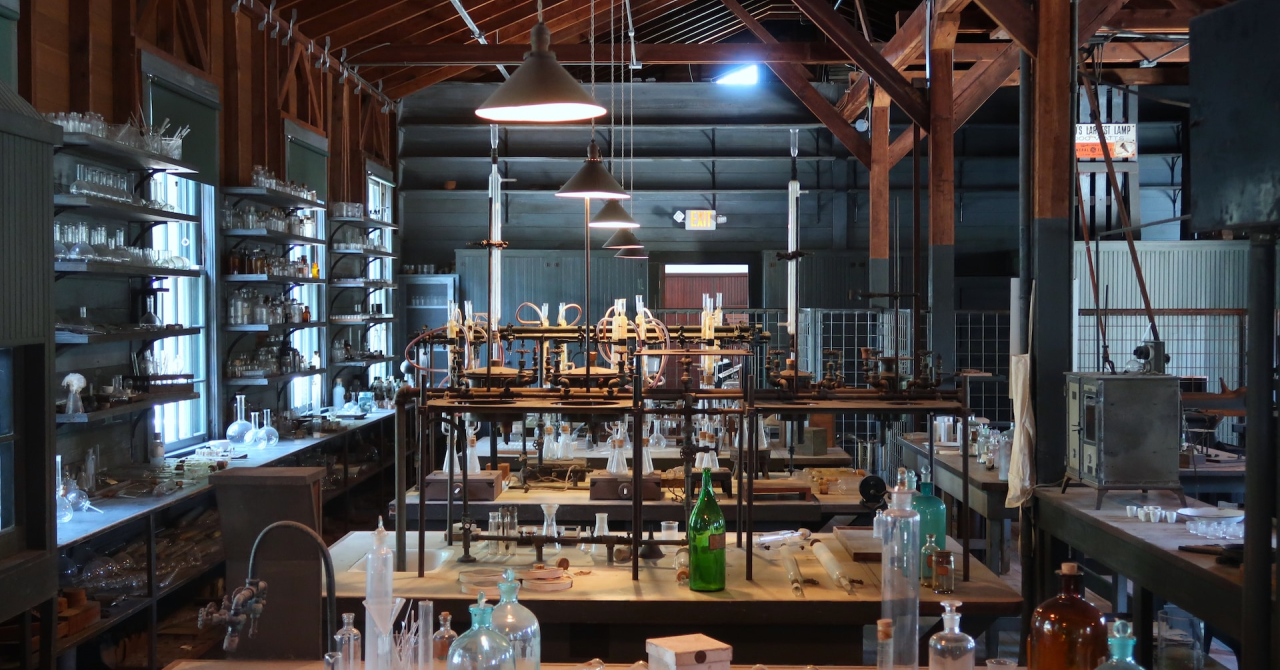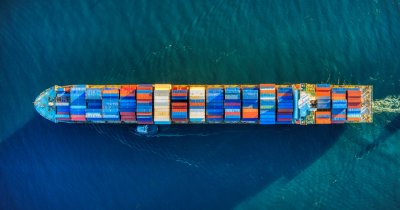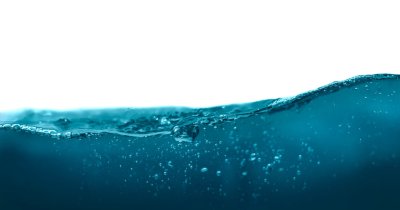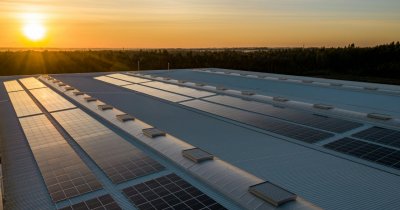As per The Next Web, VSParticle's co-founder and CEO Aaike van Vugt stated that the process of material development must be accelerated, should we remain on track to achieve a warming limit of 1.5 degrees Celsius.
"The amount of material innovation that we need to unlock in the next decades to make the whole energy transition a reality is equal to what would normally be unlocked in 100 years. What is very important is that we fundamentally change the process in which we are producing new materials", he explained.
The 2014-founded company just recently secured a 14.5 million euros financing, which will be used to scale up the production process which involves VSP’s nanoparticle technology. Using this innovative tech, the company can print new materials that can make up any combination of 64 chemical elements.
VSParticle is looking at ways to improve the efficiency of electrolysis with the help of new materials, which could accelerate the production of green hydrogen, a fuel that could power many of our future industries.
Furthermore, the startup's special membranes could have medical applications, as well, helping medics detect illness from samples of human breath, while the same type of sensors could be used to detect dangerous levels of air pollution.
If VSP will be able to scale up the manufacturing process of the hydrogen-manufacturing infrastructure, then the EU might very well be on track to produce 10 million tons of clean hydrogen per year by 2030.
Using a powerful kind of concentrated light technology, VSP engineers are able to break down many known metals to nanoparticle sizes and then combine them to create new materials with different properties.
Van Vugt explained that "you get an evaporated cloud of this material and out of this evaporated cloud, we control the formation of these nanoparticles, which are our universal building blocks."
Being an automated process, it can be outgoing in multiple machines at the same time, and VSP researchers say that they were able to cut material production and combination cycles from months to only one hour.
"With all the work we have done as human beings, we have only unlocked less than 1% of what is possible in the inorganic space. And what we are trying to do is to develop the best process — we call it our automated or self-driving lab — that is able to screen let’s say the other 99% of possibilities that haven’t been discovered so far", Van Vugt concluded.
So far, the Dutch-based company was able to raise 17 million euros.
 Mihai - Cristian Ioniță
Mihai - Cristian Ioniță












Any thoughts?